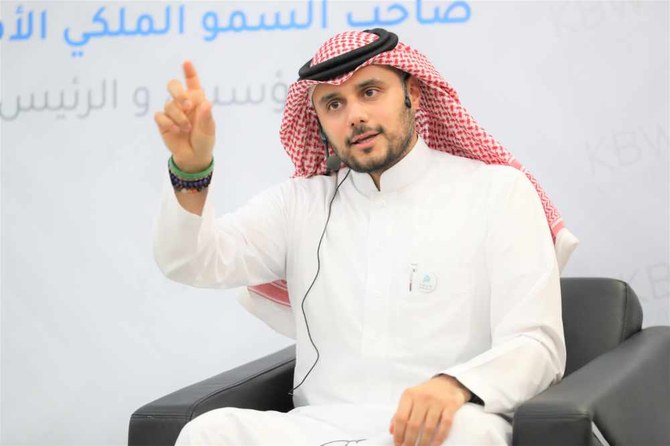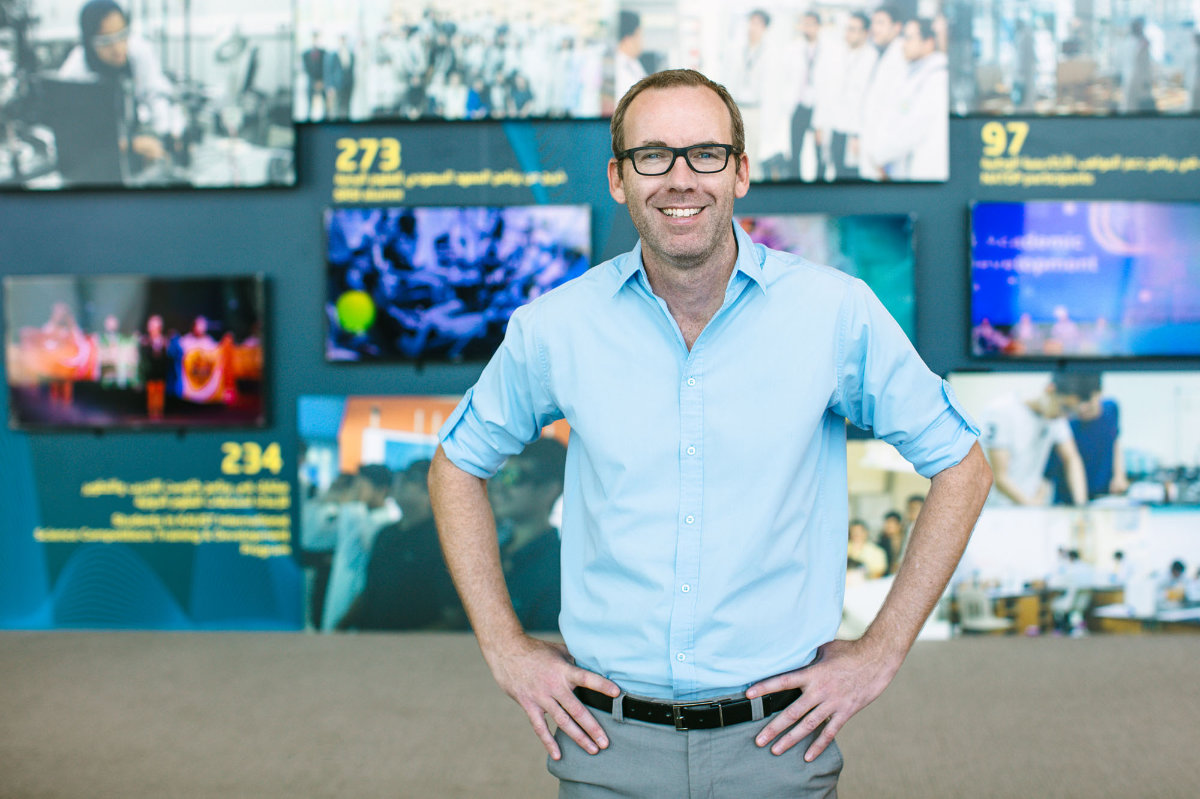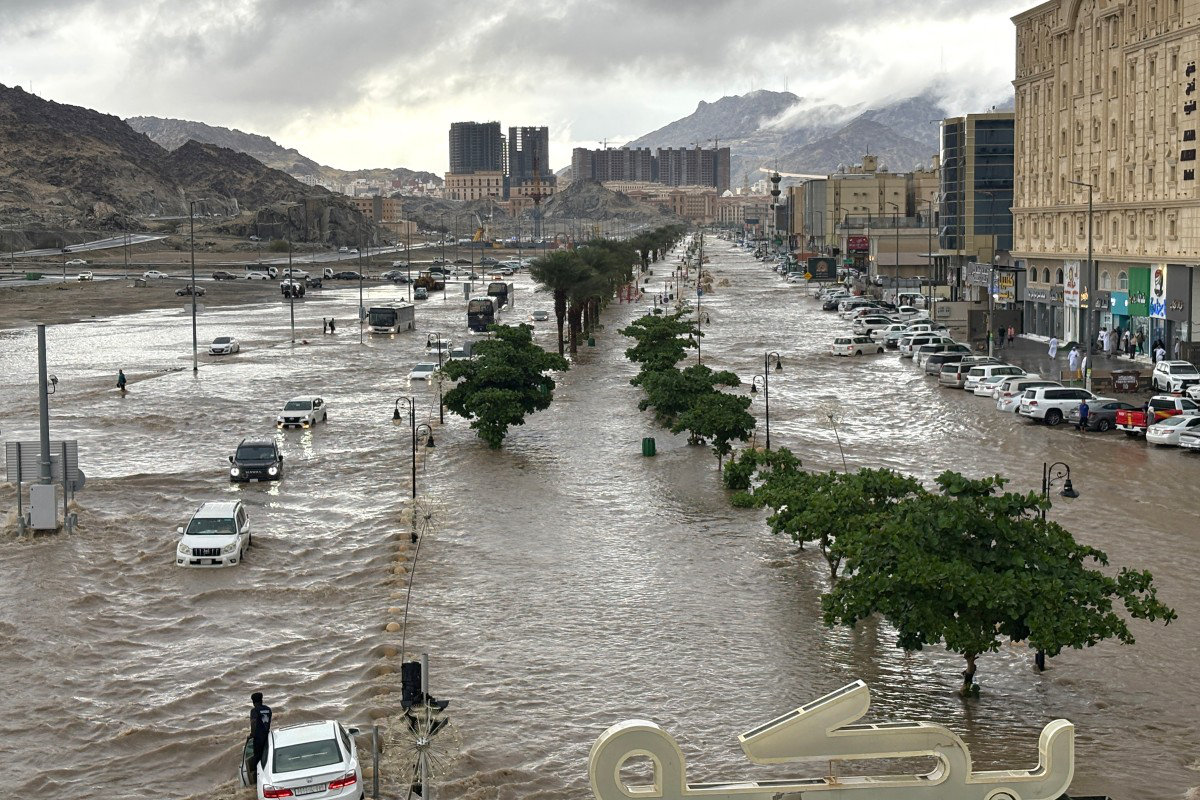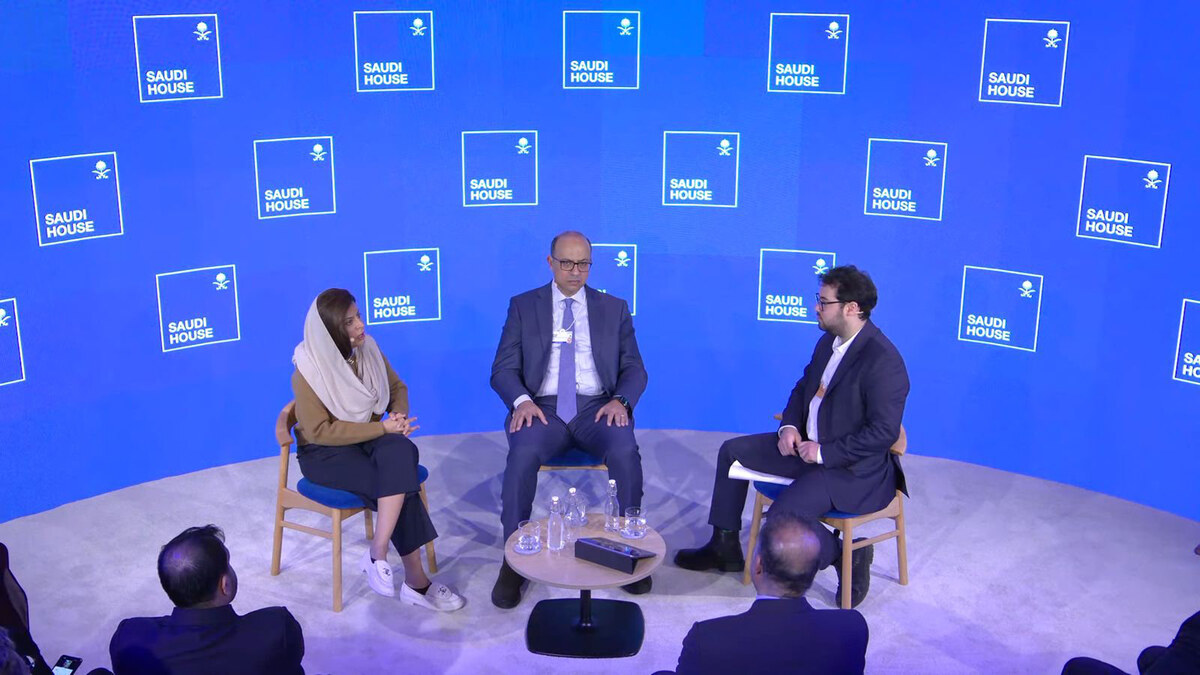JEDDAH: The Saudi Sports for All Federation (SFA) has launched several initiatives aimed at keeping people active in their homes during the COVID-19 lockdown.
One of the most successful has been the “Move to Donate” initiative — launched in collaboration with Saudi Food Bank (SFB) at the start of Ramadan— which rewards people’s activities by delivering food baskets to those most in need.
“It is a really straightforward and easy thing,” SFA President Prince Khaled bin Alwaleed bin Talal, told Arab News. “You move, we donate. You already work out at home, right? Pledge to continue working out and we donate. You don’t work out yet? Join us and take the pledge, and we donate. The more you move — and it is literally as simple as taking a 15-minute walk in your home — the more you benefit and this benefit helps SFB through donations. We need you all to join and pledge; let’s make ‘Move To Donate’ a record-breaker for the Saudi Food Bank.”
Prince Khaled said the SFA will continue to promote physical activities from home and provide the public with innovative and interactive ideas for as long as social-distancing measures remain in place.
The prince praised the Ministry of Sports and Saudi Arabian Olympic Committee for their “exceptional support” for the “Baytak Nadeek” (Your Home, Your Gym) campaign, launched by SFA in mid-March.
“Prince Abdulaziz bin Turki Al-Faisal, minister of sports, and his teams at both entities have really driven the ‘Baytak Nadeek’ campaign forward with their participation,” he said, adding, “We’re keen to continue this unified online presence, motivating people across the country to get active and keep one another happy, healthy and filled with pride over Saudi’s response to the current situation.”
The prince has been thrilled with the public’s interaction with the “Baytak Nadeek” campaign, which has attracted around 4 million participants who uploaded videos of themselves exercising at home.
“It felt amazing to see everyone get so active and engaged. This is exactly what the federation was formed to do: activate community level physical activity and sports,” he said. “Visit the hashtags on Instagram and Twitter; you’ll literally find thousands of posts from people all across Saudi, and we’ve seen people from other GCC countries participate too.”
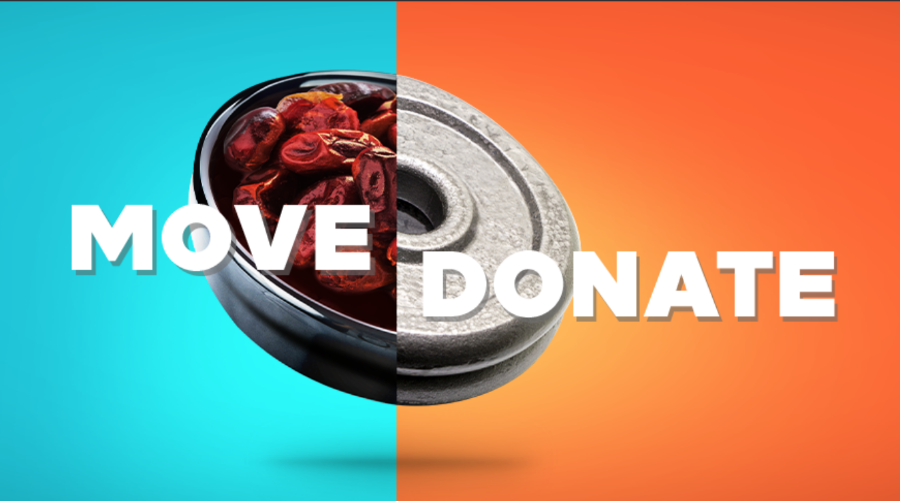
Prince Khaled attributes the noticeable rise in demand for physical and sporting activities in the Kingdom over the past few years to increased opportunity and greater inclusion. “We have activated a few different programs and seen massive interest and participation,” he said. “If those programs weren’t there does that mean there is lack of interest? No, but there (would be) a lack of ways to express and realize that interest.”
The SFA is responsible for delivering three initiatives under the Quality of Life Program: Active People, Active Places and Initiatives for Residents of Saudi (expatriates).
Active People focuses on encouraging physical activity via a community of sports ambassadors and a strong network of delivery partners including federations, community sports groups, volunteers and more.
Active Places is designed to ensure that those who wish to participate in physical activity have the opportunity to do so — ensuring that people across the Kingdom have access to a sufficient number of well-equipped facilities.
The third initiative is about ensuring such opportunities are open to all residents, not just Saudi citizens.
“All three of these segments help to meet the rising demand for physical activity and sports in Saudi,” Prince Khaled said. “We’re making sure that there are ample opportunities, support, facilities, and — in some cases — funding, for programs that help people in Saudi live the dream: being part of a healthy and active community.”
Initiatives including SFA’s Family Activity Days have proven hugely popular in the Kingdom, with around 314,000 people across seven cities participating last year.
“We can’t wait to kick this off again this year; we have had so much strong and positive feedback about family sports experiences; they allow everyone to try something new and spend their time enjoying physical fitness in an entertaining environment,” said Prince Khaled, adding that the SFA is also very focused on encouraging and enabling women to participate in sports.
“All of our activities are structured with inclusion in mind. We do have dedicated women’s programs like the Women’s Football League launched in March, and the Women’s Cycling Race series that concluded earlier this year,” he said. “We have a few things in the pipeline that I am looking forward to discussing soon as well.”
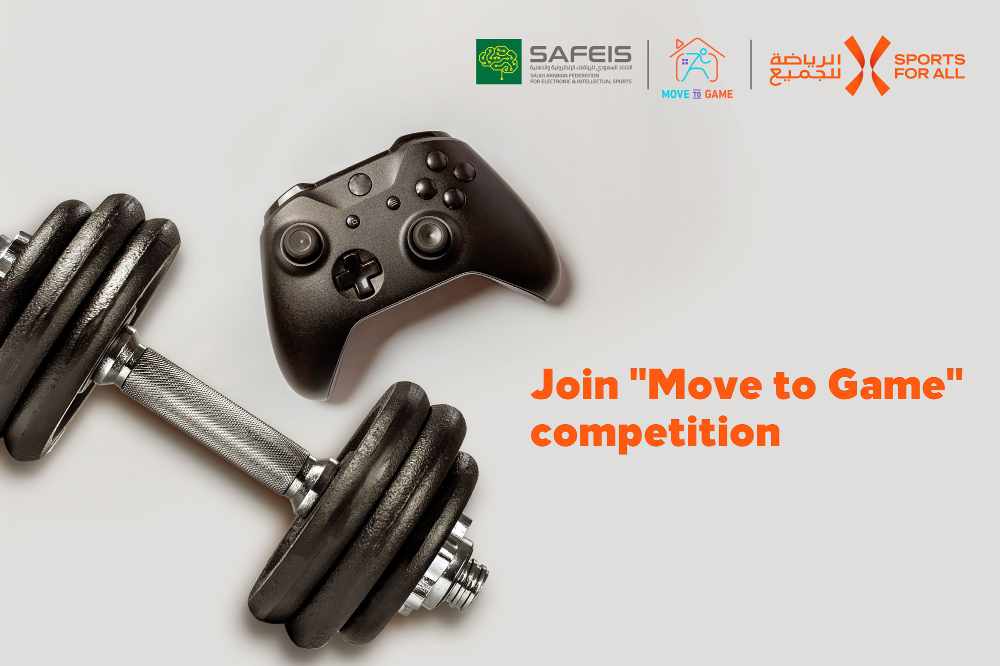
The latest SFA initiative is “Move to Game,” launched on May 1 in collaboration with the Saudi Arabian Federation for Electronic and Intellectual Sports (SAFEIS), which — according to Prince Khaled — “unifies gaming and physical activity.”
“Move To Game,” which runs until May 30, is an online tournament that combines gaming with physical activities — such as recording 5,000 steps on a mobile app called “MoveSpring” or competing in the popular dance game “Just Dance.” Reaching certain physical goals will unlock various sports ‘journeys’ on their gaming devices, with the overall target being to unlock the “One Billion Step Challenge,” held from 30 April to 30 May.
Rewards include cash prizes ranging from SR500 to SR3,000, as well as sports challenge vouchers, cell phones and electronics.
“It’s a first in Saudi,” Prince Khaled said of the “Move to Game” initiative. “We were happy to reach this partnership activation with SAFEIS. With both me and Prince Faisal bin Bandar bin Sultan (the president of SAFEIS) being avid gamers, it was a pretty smooth process. I look forward to seeing everyone online.”


